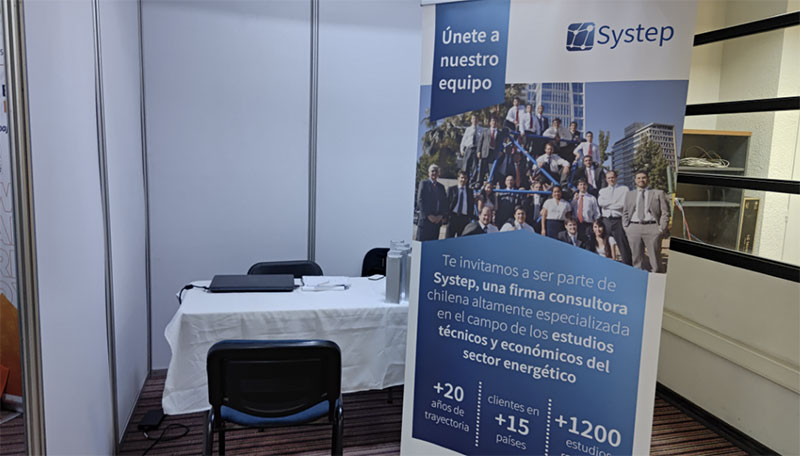
Take or pay clauses are being analyzed in the supply contracts, so that the distributors pay for part of the energy that the generators do not supply.
Tenders: Government evaluates that distributors pay for part of the energy not injected
New changes to the electricity tenders to supply regulated customers are being analyzed within the government.
This, in order to make contracts even more flexible and thus influence the prices offered by the distributors.
According to the National Energy Commission (CNE), the analysis being carried out includes the evaluation of different bidding terms. In this way, not all contracts would seek to inject energy for the next five years, but some contracts would start supplying earlier. This, with the objective of taking charge of the changes experienced by the market in terms of demand and technological revolution.
“One of the issues we are evaluating is the lead time between the awarding of a contract and the injection of energy. Perhaps more flexible mechanisms that can combine long-term contracts with medium-term and short-term contracts,” explains Andrés Romero, executive secretary of the CNE. And he adds that given that one of the important uncertainties that are being seen in the future is the projection of demand, because there will be distributed generation, “a reasonable question is why we do not contract up to 80% of the demand and leave 20% subject to a shorter term”, he stresses.
Another point would be to establish take or pay clauses, similar to those used in the gas market, which oblige the buyer to pay for the order placed. Today, this system is not used in electricity tenders, which translates into greater risk for the generators, since even if they are awarded a contract, if the demand does not require all the energy, it will not be supplied.
“Higher risk translates into higher bid prices. We want to balance how much risk we transfer to the end customers and how much to the generators, in order to have the most optimal price. So it may bring some kind of benefit to the final customers if we establish some kind of take or pay,” said Romero.
The latter has generated opposing reactions in the sector. Although large generators had made public their interest in incorporating this type of clause in their contracts, experts anticipate that it could generate adverse effects to those sought, i.e., to raise prices for the end consumer. “It is a more or less dramatic change in the electricity market to incorporate take or pay clauses, which will increase contract costs,” said Hugh Rudnick, a partner at the consulting firm Systep.



